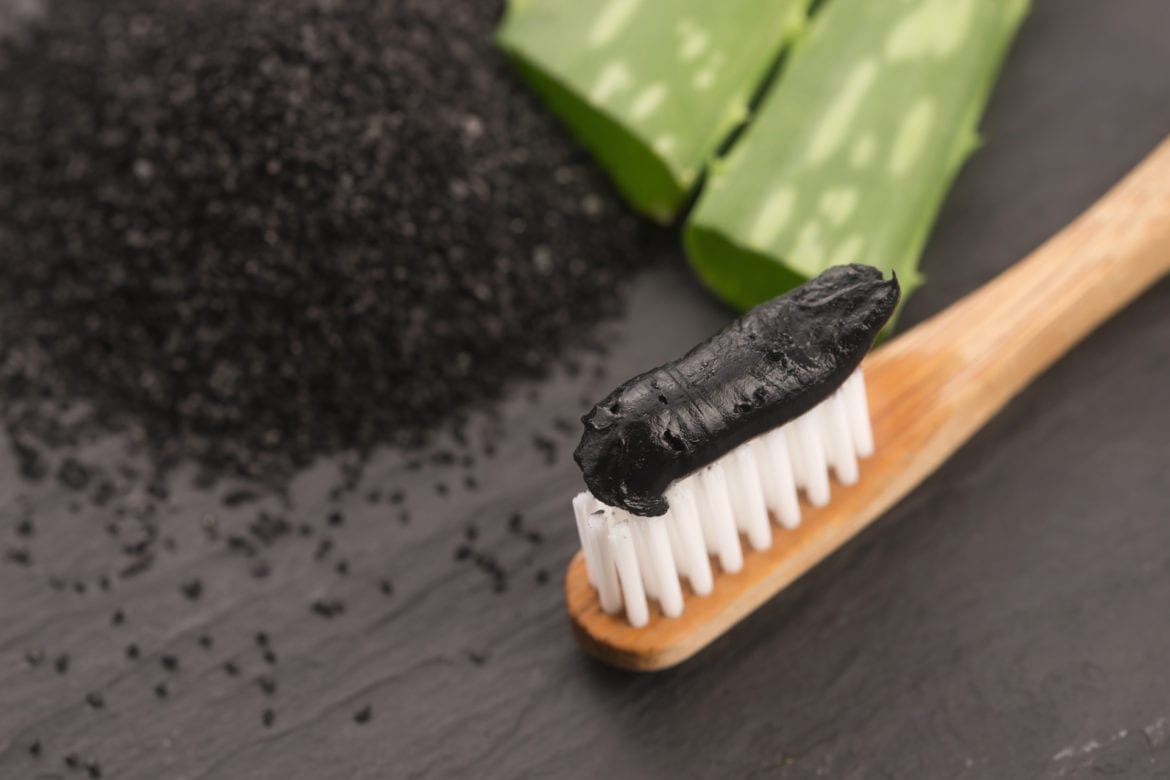Dental health experts have warned against the growing use of salt, charcoal, and other unconventional substances for brushing teeth, saying these practices could lead to serious oral health complications, including tooth sensitivity, enamel erosion, gum disease, and even systemic illnesses.
The physicians noted that while economic hardship may drive people to seek cheap alternatives to toothpaste, many of the substances commonly used, including salt, charcoal, baking soda, and even detergent, are harmful to oral tissues.
Speaking exclusively with PUNCH Healthwise shortly after a free community dental outreach organised by the Tooth for Thought Initiative and held in the Yaba area of Lagos, the experts lamented that these harmful oral hygiene practices are more widespread than previously thought and are doing long-term damage to the oral health of many Nigerians, especially in underserved communities.
A dentist and public health advocate, Dr. Abidemi Alabi, popularly known as Tooth Boy, stated that many Nigerians were unaware of the medical implications of poor oral hygiene, while economic challenges, ignorance, and harmful traditional practices further hinder proper dental care.
“People think they are cleaning their teeth, but they are actually damaging them. Using salt regularly to brush may feel clean, but it is abrasive and causes enamel wear.
Charcoal, baking soda, and detergent are even worse,” he said.
According to him, materials like salt and charcoal can lead to gum irritation, tooth sensitivity, and, in some cases, high blood pressure due to prolonged salt exposure through the gums.
The dentist also warned that salt, though sometimes seen as a natural disinfectant, could seep into the gums over time and contribute to elevated blood pressure in individuals predisposed to hypertension.
He added, “Salt in small quantities as a rinse might be manageable, but brushing with it daily is harmful. Charcoal is worse. It is like brushing with sandpaper.
“The enamel, the protective layer of the teeth, is not meant to handle that level of abrasion. Once it wears off, people start developing sensitivity, decay, and eventually tooth loss.”
Speaking on the medical outreach, Alabi, who is also the convener, said the initiative, tagged Tooth for Thoughts, was aimed at addressing the growing gap in access to oral healthcare in low-income communities by providing free dental education, oral examinations, and subsidised treatment referrals to underserved populations.
The convener added that the initiative was borne out of the urgent need to tackle poor oral hygiene practices and limited access to dental care caused by high treatment costs, poor awareness, and distance from clinics.
“We have come to realise that there are still many people who are unaware of the importance of oral health and lack access to dental care due to cost and distance. The goal is to ensure that everyone, regardless of their background, has some level of access to oral health care,” Alabi said.
According to him, the outreach targeted over 100 residents of Yaba for oral health education, and at least 100 individuals received direct access to dental examinations for the first time in their lives.
He added that patients identified with dental conditions were referred to partner clinics for further treatment at over a 50 per cent discount.

